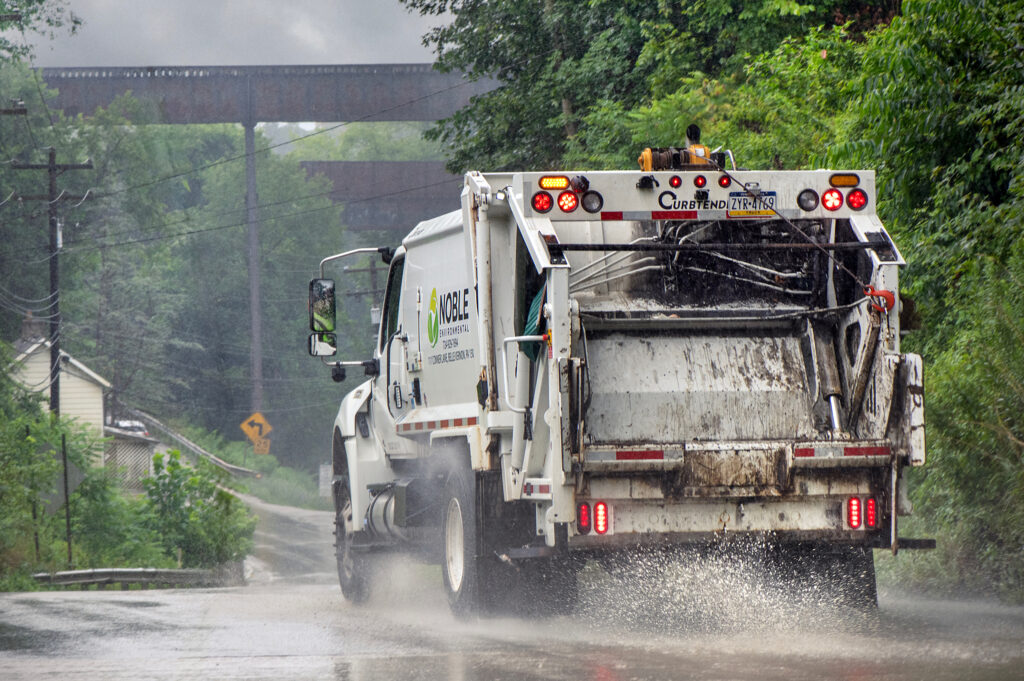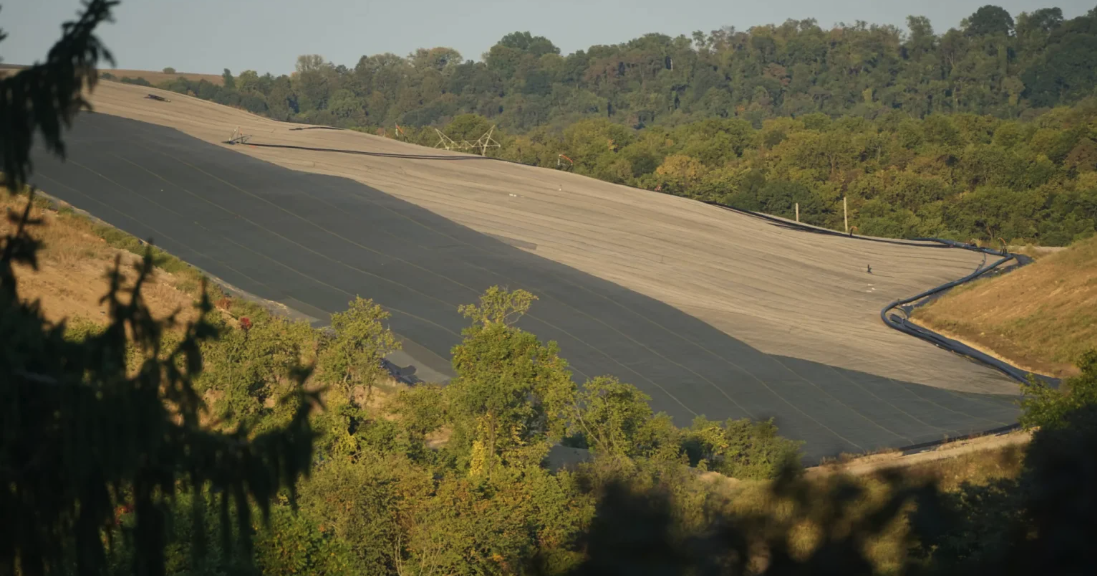The Problem of Contaminated Water
Fracking contaminates the water used to fracture the fuel bearing layers. This contamination is permanent, so disposal of the water is a cost that the industry would like to “externalize” which means they’d like to have others deal with it. They have various schemes, which don’t clean it, they make it the base for another product such as snow-melting-brine. This, of course, doesn’t clean it up it just spreads it over a large geographical area where it gets back into streams and rivers. The report which follows give some statistics. The big guys with deep pockets are shifting the hot potato to lots of little guys.
It’s easy to imagine that this nasty water could end up labeled as something else, losing its toxic identification and then being released into the environment as benign. If sold to AI data centers for cooling, will it later be discharged into a sewer or evaporator?
Energy Demand Increase Stokes Fracking
What’s new?

Documentary: Fracking’s Toll in New Mexico

Ohio’s Bad Guys
The energy industry continues to push the limits and externalize the damage fracing does.

Protective Buffers
Nasty Stuff
“A 2011 analysis by federal scientists found liquid waste from Marcellus shale gas wells had overall concentrations of radium roughly 40 times what the federal Nuclear Regulatory Commission classifies as “hazardous” or “radioactive.” Despite these characteristics, Congress in 1980 exempted oil and gas waste from federal hazardous waste regulations pending a review. In 1988, the U.S. EPA determined that the regulations were not warranted. That’s why cuttings and other fracking solid waste are classified as residual waste (non-hazardous industrial waste) and can be sent to municipal landfills like Westmoreland.”
This story documents how byproducts of Fracking create hazards and costs downstream, and how the industry dodges paying for them.
Well Said
The Brits are considering banning fracking. A writer for the Global Witness advocacy group, Jon Noronha-Gant said this:
“The government’s decision to ban fracking is a win for people over polluters.
Fracking is a dirty fossil fuel drilling method that exposes people to earthquakes, water pollution and more planet-wrecking emissions.
Aside from destroying our environment, we also know that it wouldn’t give the UK more jobs, cash or security – unlike its renewable energy counterparts. Any party would be senseless to back fracking.”
The same is true for the US. Renewable energy is already meeting 25% of US needs. It is competing with fossil fuels that are heavily subsidized by advantageous legislation. The producers take no responsibility for the harm done by the uses of their product or the damage done in extracting it fromd the ground.
Renewables employ lots of people. Technological advances in batteries are making storage practical so that surplus energy can be stored, and battery storage promises to reduce the inefficiency of transmission from source to user as well. Imagine what is possible if the US fully embraced clean energy, and leveled the competitive playing field so that fossil fuels carried the costs they so artfully dodge!
Five to One
This article quotes statistics on the horrific volume of wastewater fracking generates. It’s a terribly destructive process that permanently contaminates water, rendering it unsafe for human or animal consumption. The energy industry propagandizes and minimizes the damage, so you don’t hear much about it. Consider these statistics and think about all the efforts we make to conserve drinking water, such as low-flush toilets, shower restrictors, and drip irrigation for our gardens. Water destruction is yet another externalized cost that drillers aren’t held accountable for.

LEAVE IT IN THE GROUND.




